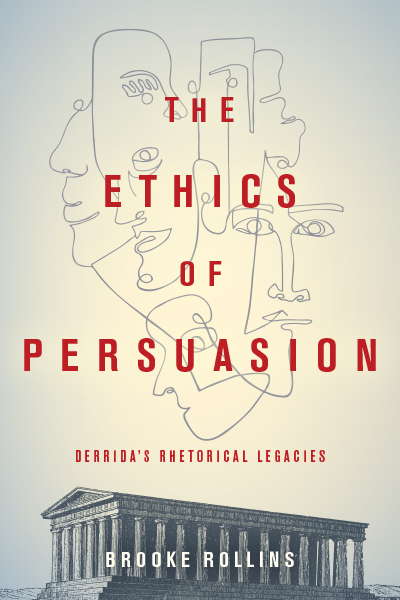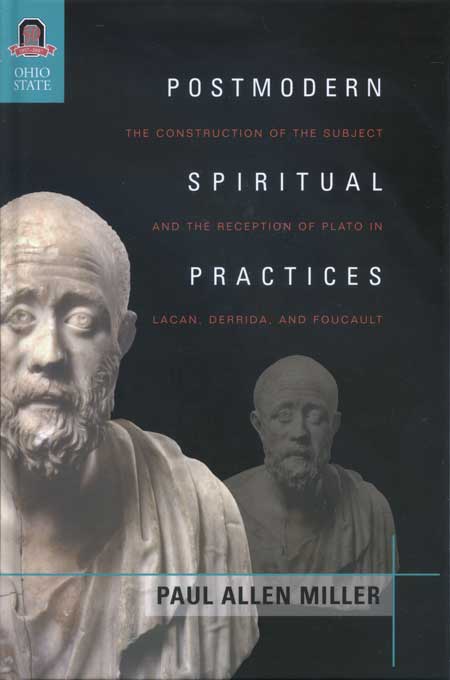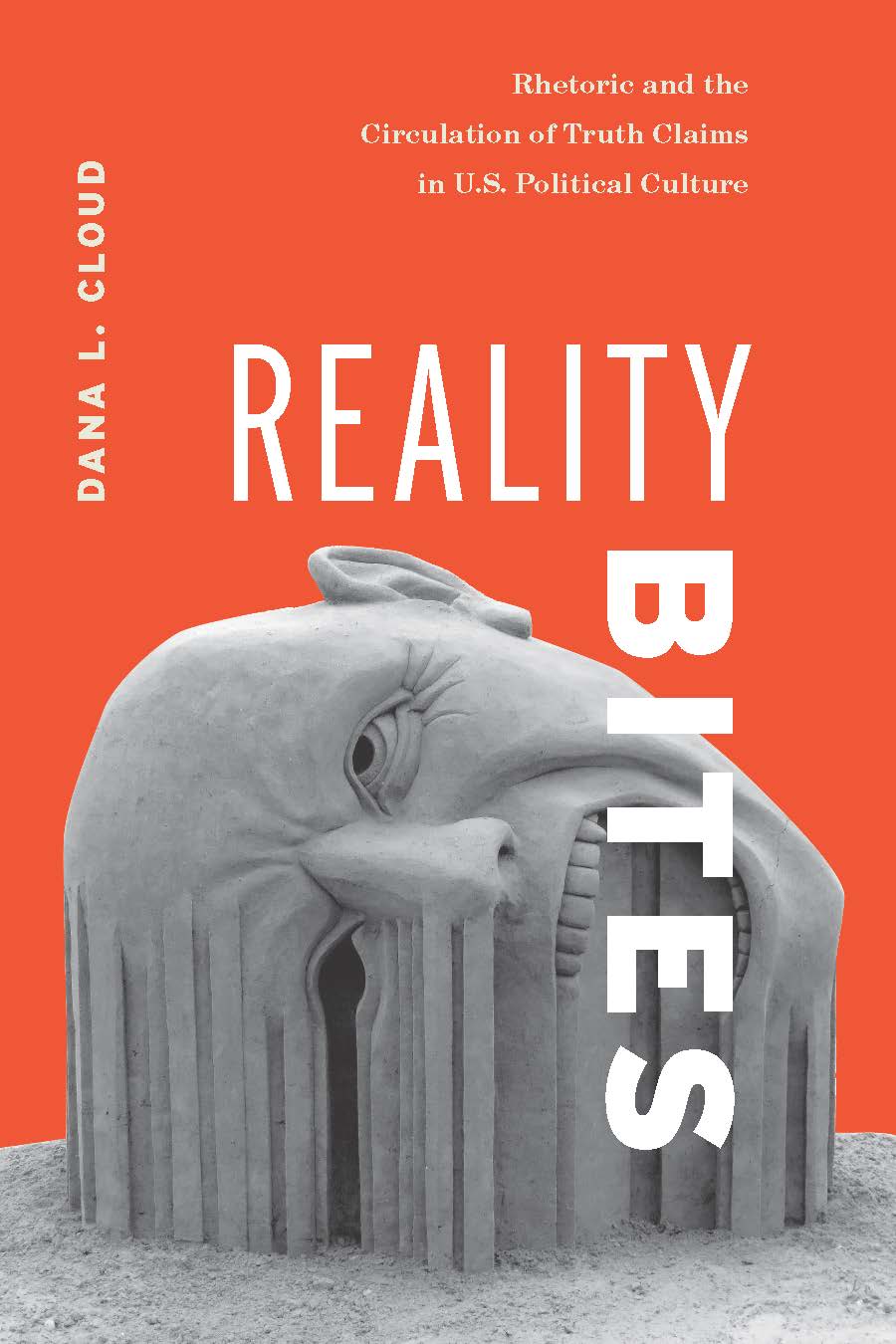“It is Rollins’ remarkable achievement to shed a different light on the ancient debates between philosophers and sophists...Without a doubt, her careful cross-disciplinary presentation of the topic is what makes this investigation so particularly intriguing...A highly informative analysis.” —Philip Freytag, Anglia
“Brooke Rollins offers a meticulous deconstructive reading of highly invested ancient rhetorical texts, drawing out in them the force of an ethical event that we—the heirs of Western rhetorical tradition—have yet to inherit; she therefore offers us the chance to affirm and embrace our rhetorical heritage otherwise.” —Diane Davis
“It’s incredibly unusual for anyone to be able to engage compellingly both with deconstruction and with classical texts, but Rollins is a disciplined and insightful reader of both. Amazingly, she makes the collocation of deconstruction and classical rhetoric seem natural.” —Sean Gurd
In The Ethics of Persuasion: Derrida’s Rhetorical Legacies, Brooke Rollins argues that some of the most forceful and utilitarian examples of persuasion involve significant ethical dimensions. Using the work of Jacques Derrida, she draws this ethical imperative out from a series of canonical rhetorical texts that have traditionally been understood as insistent or even guileful instances of persuasion. Her reconsideration of highly determined pieces by Gorgias, Lysias, Isocrates, and Plato encourages readers to inherit the rhetorical tradition differently, and it pinpoints the important rhetorical dimensions of Derrida’s own work.
Drawing on Derrida’s (non)definition of ethics and his pointed accounts of performativity, Rollins argues that this vital ethical component of many ancient theories, practices, and pedagogies of persuasion has been undertheorized for more than two millennia. Through deconstructive readings of some of these texts, she shows us that we are not simply sovereign beings who both wield and guard against linguistic techniques of rule. Our persuasive endeavors, rather, are made possible by an ethics—an always prior encounter with otherness that interrupts self-presence
Brooke Rollins is Assistant Professor of English at Lehigh University.
Contents
Acknowledgments
Introduction(s)
Chapter 1 Derrida’s Rhetorical Ethics
Chapter 2 Gorgias’s Pre-Performative Address
Chapter 3 Lysias’s Ghost
Chapter 4 Isocrates’s Promise
Chapter 5 Plato’s Friendship
Chapter 6 Derrida’s Farewell
Epilogue
Works Cited
Index




